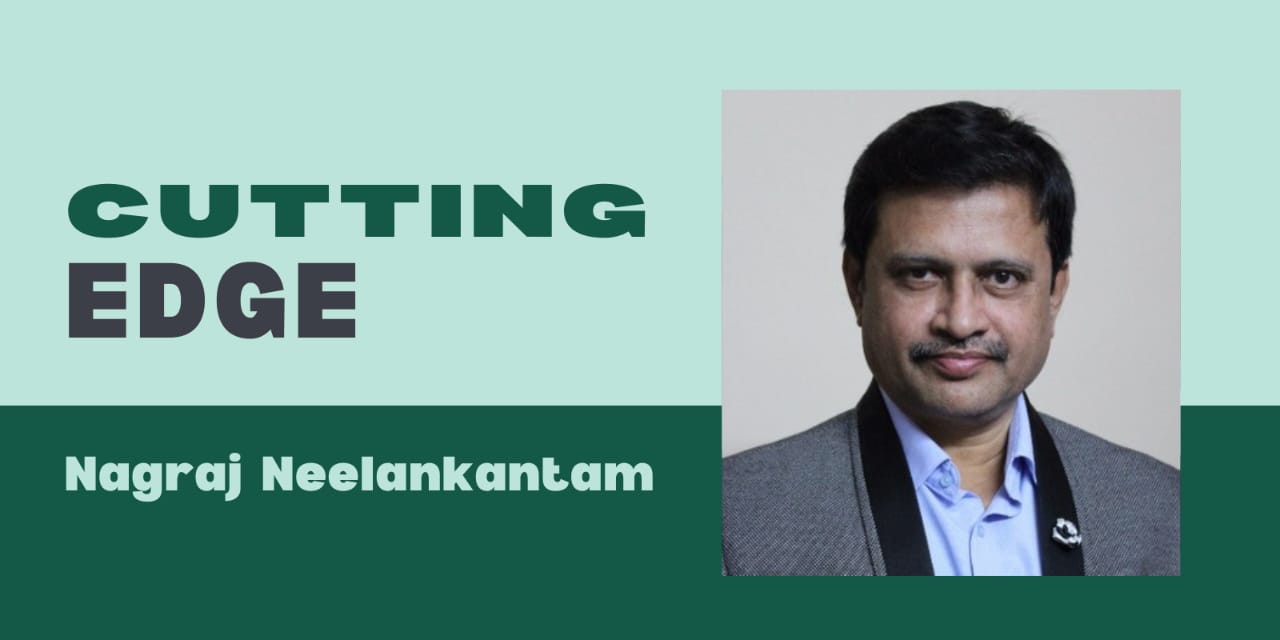India decided to resume its intelligence operations in North Korea through the Research and Analysis Wing (R&AW) after halting them during the COVID-19 pandemic in 2021. This move underscores India’s intent to strengthen its geopolitical positioning and monitor developments in a nation known for its secrecy. Establishing a nuanced relationship with Kim Jong-un’s regime is pivotal, especially considering North Korea’s ties with Pakistan and China.
North Korea’s complex history dates back to 1910 when Japan annexed the Korean Peninsula and exploited its resources. After Japan’s defeat in World War II, Korea was divided along the 38th parallel into North and South Korea, fostering contrasting ideologies, with North Korea adopting communism. Post-division, North Korea remained isolated, pursuing aggressive military policies that influenced global politics. India’s strategic interest in North Korea began during the Cold War when ideological alignments shaped diplomatic alliances. Pakistan’s growing collaboration with North Korea, starting in the 1970s, further heightened India’s concerns.
Pakistan’s involvement with North Korea began under Zulfikar Ali Bhutto’s leadership in 1971. Aligning with the Soviet bloc, Pakistan sought to leverage North Korea’s resources and technology to bolster its military capabilities. India viewed these developments as potential threats to regional security, fearing collaboration on nuclear and missile technologies. Recognizing North Korea’s strategic importance in the early 1970s, R&AW initiated dialogues and intelligence gathering to evaluate North Korea’s intentions. The agency identified trade possibilities but stressed caution due to North Korea’s unpredictable political climate.

India’s relationship with Korea dates back to 48 AD when Queen Suriratna of Ayodhya married King Kim Suro of Korea. This historical connection has often been highlighted to foster cultural and diplomatic ties. While South Korea embraced this heritage, North Korea’s isolationist policies limited such exchanges. During the Cold War, India carefully navigated its relations with North Korea, counterbalancing Pakistan’s growing presence. Leveraging historical ties and emphasizing neutral diplomacy, India maintained a presence in Pyongyang to monitor developments, particularly in the nuclear and missile domains.
The collapse of the Soviet Union in the 1990s left North Korea vulnerable, prompting it to aggressively pursue nuclear weapons. Alarmed by these developments, India intensified intelligence operations to track North Korea’s nuclear activities. R&AW operatives embedded within the Indian embassy in Pyongyang provided critical intelligence on North Korea’s nuclear and missile programs, facilitating informed policy decisions. Pakistan’s missile program saw significant advancements with North Korea’s assistance. In the 1990s, Pakistani scientist Abdul Qadeer Khan collaborated with North Korea’s Chang Wang Sining Corporation, developing the Nodong missile. India closely monitored these developments, gathering evidence of technology transfers that bolstered Pakistan’s defense capabilities.
In 1998, Pakistan conducted nuclear tests and renamed the Nodong missile to Ghauri, raising security concerns for India. R&AW alerted global powers about the Pakistan-North Korea collaboration, but international responses remained limited. Meanwhile, Chinese corporations played a critical role in North Korea’s military development, indirectly affecting India’s regional security interests. R&AW consistently gathered and shared intelligence on North Korea’s nuclear and missile programs with global allies. Evidence, such as satellite imagery revealing movements of C-130 aircraft linked to missile operations, highlighted North Korea’s covert activities. However, global action against North Korea often remained restrained.
In recent years, R&AW revitalized its intelligence presence in North Korea, focusing on monitoring nuclear developments and Pakistan’s collaboration with North Korea. Evidence collected has been crucial in highlighting the risks posed by this partnership and its implications for regional stability. North Korea’s geopolitical position, coupled with its historical ties to Pakistan and China, makes it a critical player in India’s strategic framework. Strengthening intelligence operations and diplomatic engagements with North Korea is essential for counterbalancing regional threats and ensuring security.
In 2023, India highlighted North Korea’s involvement in facilitating Pakistan’s missile development to the CIA, prompting US sanctions on four Chinese companies linked to North Korea’s military projects. These sanctions underscore the need for consistent global cooperation to address emerging threats. India’s strategic intelligence mission in North Korea reflects its proactive approach in navigating security challenges and maintaining regional stability.





